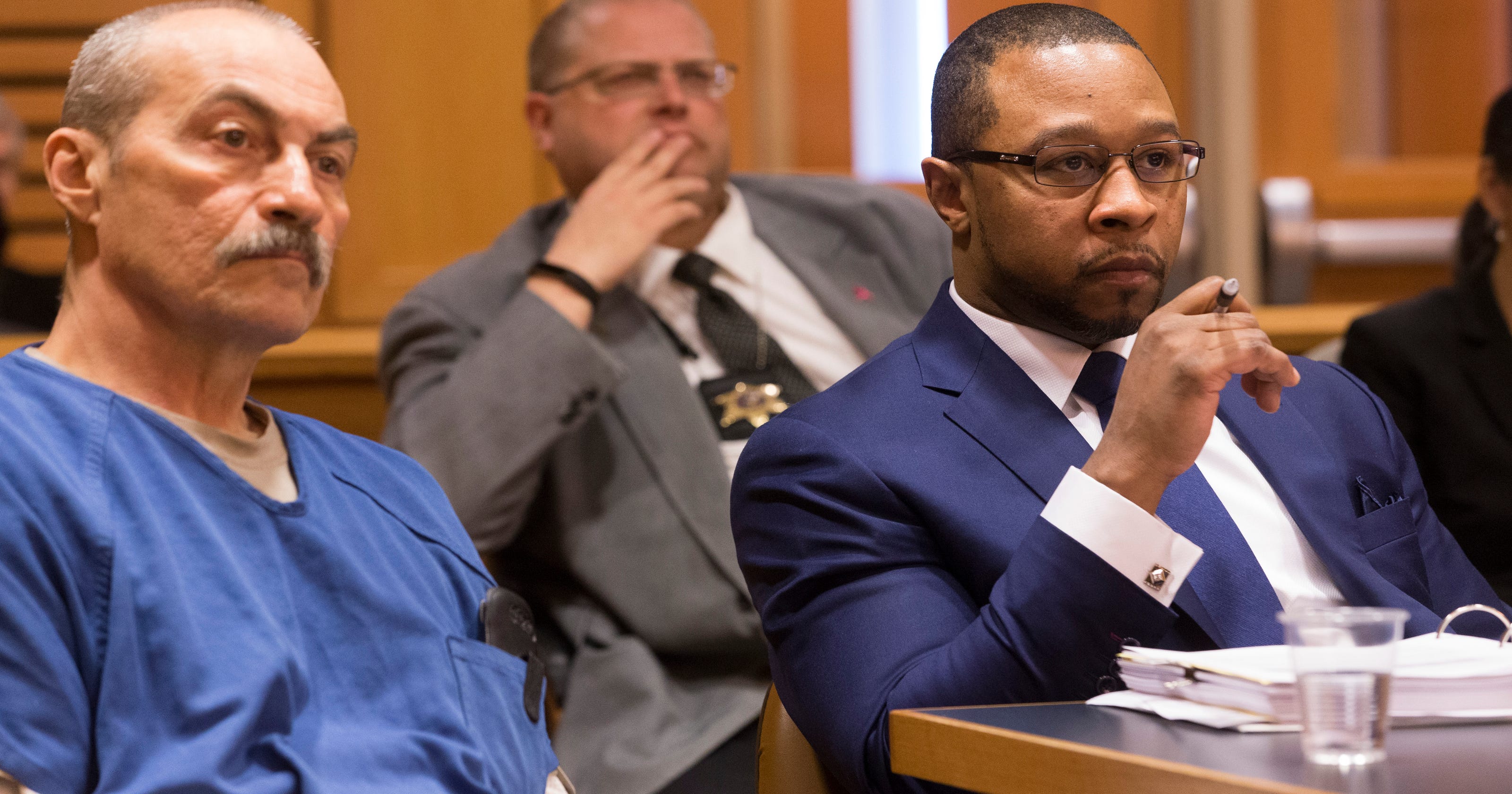After completing high school on Chicago’s South Side, Adams, joined his colleagues to the University of Wisconsin for a party – to celebrate their efforts in high school.
Adams and his friends met a young woman during the party and had fun which he described to NBC News as “completely consensual encounter from beginning to end.”
Seventeen-year-old Adams was being charged for a group sexual assault.
Adams stated his innocence immediately to authorities, denying the crime, but it wouldn’t matter. He was then extradited to Wisconsin. Unable to afford legal assistance, Adams was given a court-appointed attorney.
The panel attorney decided putting up a defense would be pointless even though, according to reports there was a witness whose evidence would have cleared Adams.
“This guy is telling us, ‘We know you didn’t do it. They haven’t proven their case. The best defense is a no-defense strategy,'” Adams said. “We’re like, ‘Yeah, sounds good,’ because we didn’t know any better, right? But in reality, it was a horrible idea to not call any witnesses, not to investigate, and to put this in front of an all-white, racially charged jury. We didn’t stand a chance.”
While in jail, Adams met a cellmate who urged him not to give up and that, “you’re in here some racist bull crap, and you’ve essentially waved the white flag.”
“It’s only going to take a second before you have tattoos on your face and have given up and completely don’t care at all. You need to go down swinging,” the cellmate told Adams.
Adams would then begin reading law books and chanced upon a Supreme Court case that stated that the Constitution required defendants to be provided effective assistance of counsel. He immediately reached out to attorney Keith Findley of the Wisconsin Innocence Project, a state chapter of the nonprofit devoted to justice for wrongfully convicted people.

Findley’s works led to the exoneration of Adams in 2007 after serving a decade in prison.
Perjury or false accusations are contributing factors in nearly 60 percent of the 1,861 recorded exonerations across the nation, according to the Innocence Project.
Out of wrongful incarceration, Adams enrolled at Loyola University Chicago School of Law where he earned a law degree. He graduated in 2015 and called to the New York State Bar, where he served on the Innocent Project.
“This is a storybook,” Adams told NBC News’ Lester Holt. “It’s a storybook tale that you wouldn’t believe until you saw it … to have a conviction overturned and in a court, in a state, that I was wrongfully convicted.”
Adams is the first Innocence Project exoneree to be hired as an attorney by the organization. He has now returned to Wisconsin, the place a decade of his life was taken from him wrongfully as an attorney.
Adams has one thing in mind following his return to Wisconsin to change the humiliations surrounding the state’s incarcerated populations.
He was admitted to the Wisconsin State Bar in a ceremony at the Wisconsin State Capitol last month.
“We can’t repair what is going on in our impoverished areas in the state of Wisconsin by locking everyone up,” he said.










